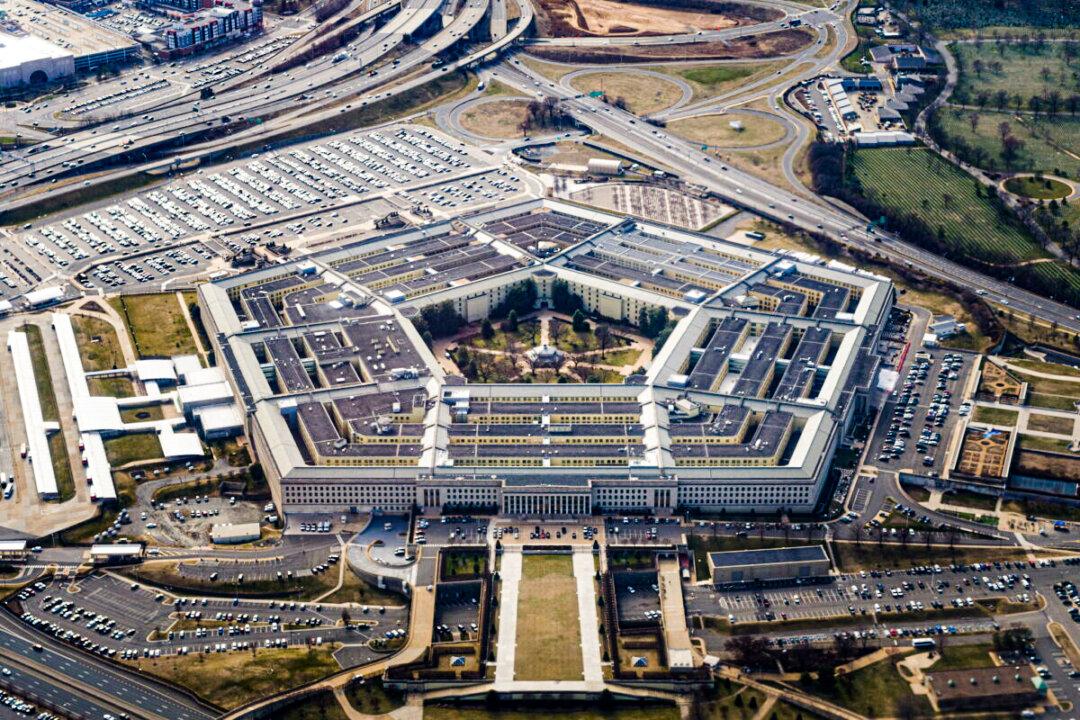The Senate is poised to adopt the proposed $886.3 billion fiscal year 2024 defense budget next week before sending the massive appropriations package to the House floor for approval and on to President Joe Biden’s desk by year’s end.
The 3,093-page Pentagon spending plan, or National Defense Authorization Act (NDAA), earmarks $841.5 billion for the Department of Defense (DOD)—nearly $32 billion, or 3 percent, more than the fiscal year 2023 NDAA—$32.26 billion for the Department of Energy’s (DOE) National Nuclear Security Administration (NNSA), and $12.1 billion in defense-related allocations for other federal agencies.





